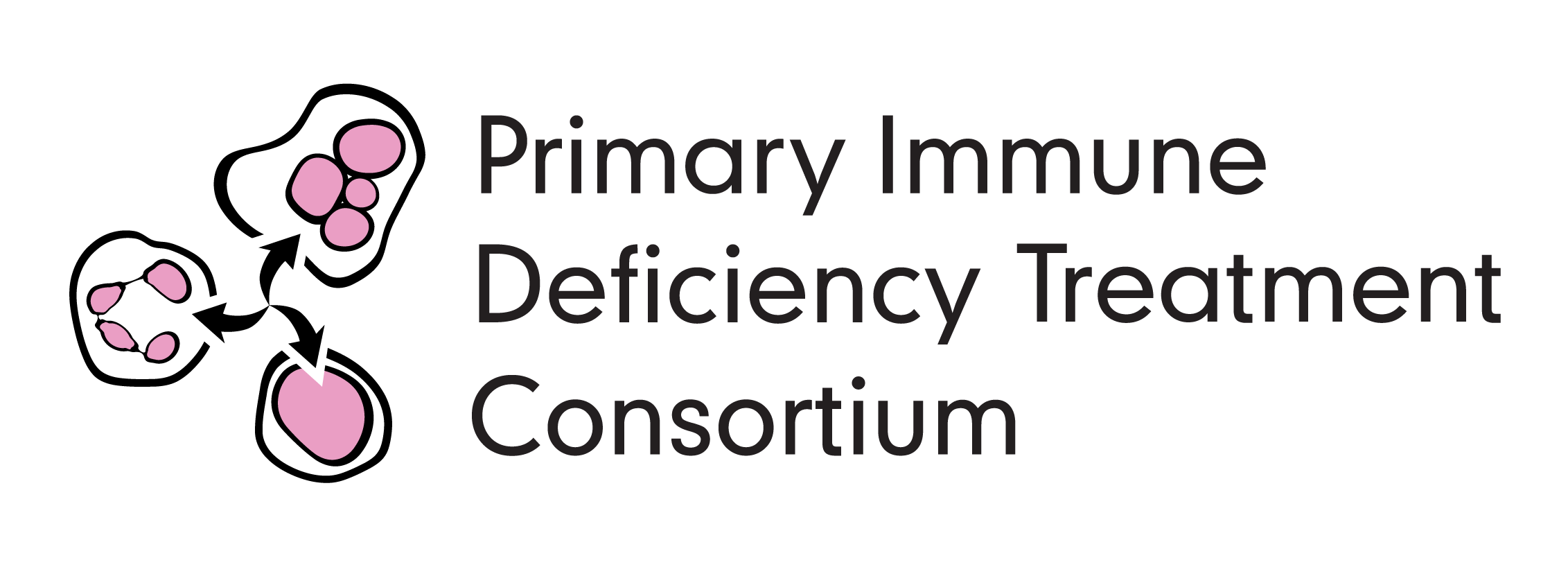Background:
Severe Combined Immunodeficiency (SCID) is a disorder characterized by the lack of a normal immune system, which can result in life threatening infections in infancy. Previously, patients were diagnosed after developing serious infection. Newborn screening for SCID is now available in all states and is allowing for the diagnosis of SCID before patients develop serious infections.
It has long been recognized that patients with SCID have increased frequencies of neurodevelopmental (ND) problems, including overall delays in thinking, and slower acquisition of motor and verbal skills that can affect school performance. These deficiencies may be due to a) severe infections (including meningitis and pneumonia) b) prolonged malnutrition and c) hospitalization during diagnosis and treatment.
This study aims to evaluate patients with SCID to understand the ND problems following either bone marrow transplantation (BMT) also called hematopoietic cell transplantation (HCT) or gene therapy to determine if ND will be reduced in patients who are diagnosed via newborn screening compared to those diagnosed following an infection. ND outcomes also may be compromised by exposure to high dose alkylator chemotherapy used to condition patients prior to definitive therapy with HCT. However, conditioning regimens have been shown to enhance immune reconstitution and thus may be associated with better ND outcomes. It is essential to determine whether such treatments improve or worsen outcomes. Understanding ND problems in this population of patients is critical for guiding clinicians to determine the best treatment strategy for treating patients with SCID.
This study is being done in consortium with the Primary Immune Diseases Treatment Consortium (PIDTC). The PIDTC has a unique ability of having a large number of centers with a variety of treatment regimens (fully myeloablative vs reduced intensity vs. no conditioning) and enough numbers to study the neurodevelopmental outcomes in a large cohort of patients with SCID.
About This Study
Investigators will identify subjects who meet the inclusion criteria which are all living subjects from the prospective study (PIDTC 6901) and retrospective study (PIDTC 6902) who are at least 5 years after treatment, which would be those patients treated with a definitive therapy (HCT or gene therapy) between the ages of 6-16 years of age. Most of these patients would have been transplanted between 2005 and 2016. Patients and families must be able to speak and read English, Spanish or French. The tests are not available for those in other languages.
Patients will have a one time visit to have their neurocognitive tests performed. Study tests to be performed are validated tests that can be completed within 3 hours. In addition, quality of life studies will be done for all patients and parents will have parent proxy studies done.
Targeted Enrollment
- All living subjects from the prospective study (PIDTC 6901) and retrospective study (PIDTC 6902) who are at least 5 years after treatment, which would be those patients treated with a definitive therapy (HCT or gene therapy) between the ages of 6-16 years of age.
- Patients and families must be able to speak and read English, Spanish or French. The tests are not available for those in other languages.
- Parents / Legal guardian are able to sign the informed consent
Exclusion Criteria:
- Patients who are < 6 years of age and > 16 years of age
- Patients whose primary language is not English, Spanish or French
- Patients that have a primary neurodevelopmental disability not related to

